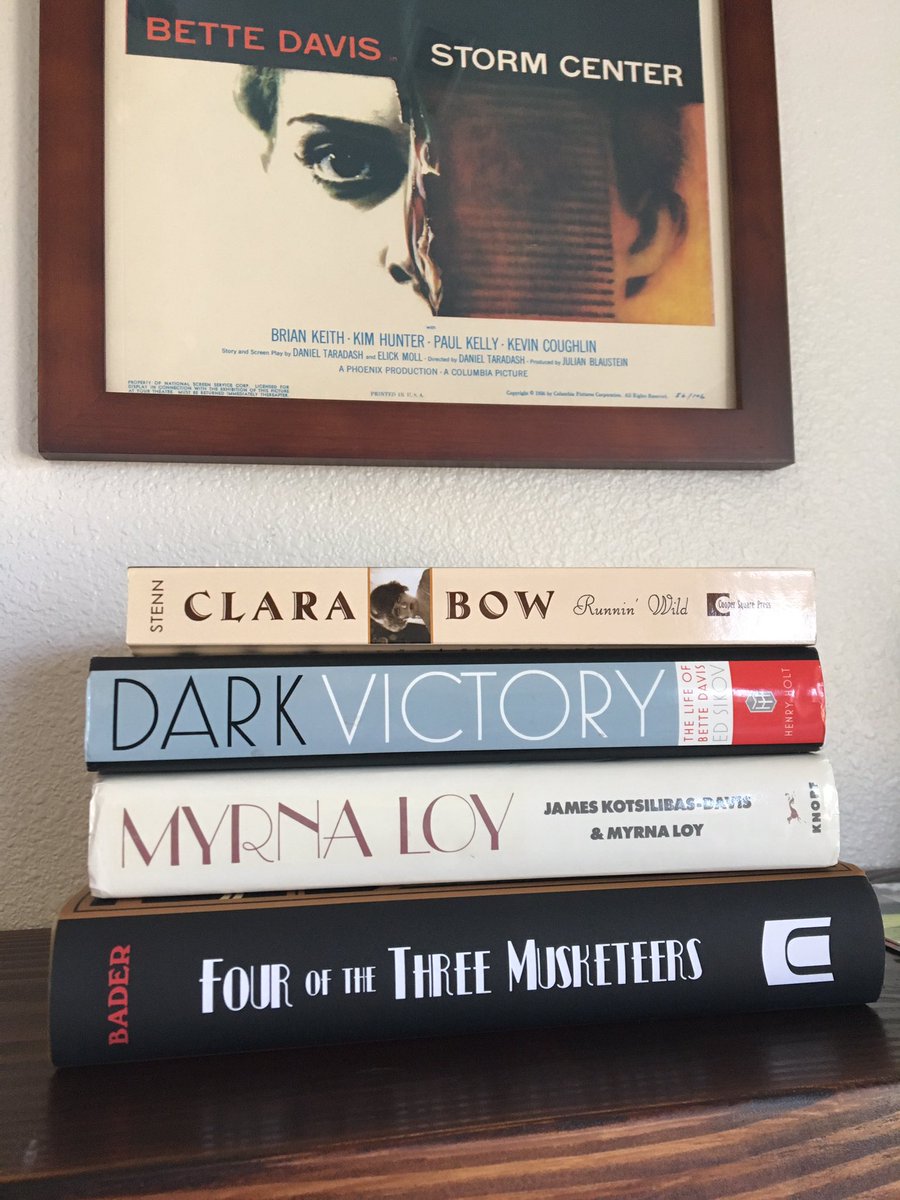When everyone is a convict, who can you trust?
The year is 1831. Convict ships transport prisoners from the British Empire to the penal colony of Australia. They also bring with them gentleman looking to make their fortune in a new land. When Charles Adare (Michael Wilding) arrives in Sydney seeking a business opportunity to make him rich, he meets wealthy landowner and ex-convict Sam Flusky (Joseph Cotten). As the to partner on a business deal, Adare discovers that Flusky's wife, Lady Henrietta (Ingrid Bergman), is his old schoolmate from Ireland. She's in a terrible state and he takes pity on her. The Flusky household is run completely by ex-convicts and the overbearing housekeeper Milly (Margaret Leighton), who has designs on replacing the lady of the house, is slipping alcohol into Henrietta making her dependent on alcohol. When Adare discovers this he tries to save Henrietta and Sam from their sad state of affairs, he gets more than he bargained for. Will the Flusky's dark secret destroy them or will Adare be able to save the day?
"Tomorrow will look after itself."
Under Capricorn (1949) is an unusual entry into Alfred Hitchcock's filmography. The master of suspense opted to work on a costume drama instead of the thrillers he was known for. The story was based on a novel by Helen Simpson which was also a play by John Colton and Margaret Linden. It was adapted for the screen by actor Hume Cronyn (who also adapted
Rope) and screenwriter James Bridie. Why did Hitchcock pick this work to direct? When asked about this in his conversation with Francois Truffaut, Hitchcock replied,
"I had no special admiration for the novel, and I don't think I would have made the picture if it hadn't been for Ingrid Bergman. At the time she was the biggest star in America."
In 1947, Hitchcock and his business partner Sidney Bernstein started Transatlantic Pictures. Their first film
Rope (1948) was an experiment in filmmaking. It was Hitchcock's first shot in color and it has become legendary for its long ten minute takes and very little editing. With
Under Capricorn, Hitchcock continued the experiment with color and more long shots but it didn't work out as well in this second venture. In conversation with Truffaut about the film, Hitchcock said,
"No doubt about it; films must be cut. As an experiment, Rope may be forgiven, but it was definitely a mistake when I insisted on applying the same techniques to Under Capricorn."
Because of the caliber Bergman brought to the production, Hitchcock felt the need to make
Under Capricorn a big production and spent roughly $2.5 million, a lot for the late 1940s, on the movie. Unfortunately, like
Rope,
Under Capricorn was a box office failure. Both films suffered from scandal.
Rope was banned in several markets because of the implied homosexuality and
Under Capricorn's star Bergman had an extramarital affair with director Robert Rossellini that effectively put her Hollywood career on hold. After the release of
Under Capricorn, the Bankers Trust Company, which had financed the film, repossessed
it. The film was not shown again to the public until CBS acquired the rights in 1967. They've owned it ever since.
Under Capricorn is a lesser known Hitchcock film and there is a good reason why. There is no suspense, no thrill, just a lot of melodrama and dialogue. It's easy to make connections to previous Hitchcock films like
Rebecca (housekeeper vs. wife),
Notorious (poisoning) and
Rope (dark secret, experimental filmmaking). But this is not as good as those films. It is worth watching to see how this fits in Hitchcock's filmography and for Bergman's performance. She has a long dramatic retelling of a murder which could have been shown as a flashback but Hitchcock opted instead to give Bergman a monologue so she could shine. After
Under Capricorn, Hitchcock realized costume dramas were not for him and he never revisited this genre.
Under Capricorn (1949) is available on Blu-Ray from Kino Lorber Studio Classics. The BFI and Kino did a 4k restoration and color correction of the movie. This special edition includes the following extras: a commentary track by film historian Kat Ellinger, 12 minute audio clip of Francois Truffaut's interview with Alfred Hitchcock, a 26 minute doc called A Cinema of Signs: Claude Chabrol on Alfred Hitchcock and various trailers. In one part of the Chabrol doc he highlights several scenes in
Under Capricorn analyzing composition and symbolism. The Blu-Ray disc also comes with an interchangeable jacket as seen above.
Thank you to Kino Lorber for sending me a copy of the Blu-Ray to review.
















